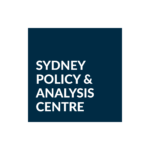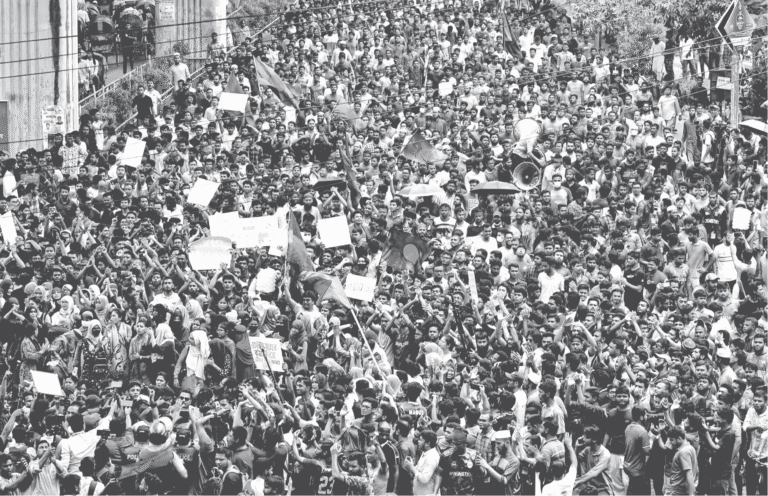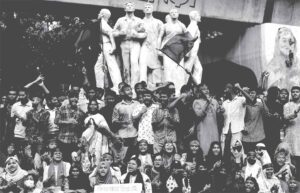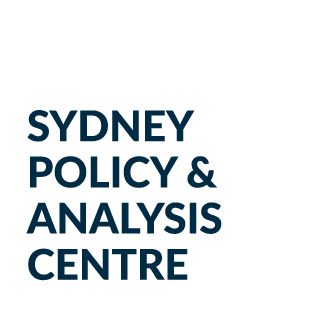In July 2024, protests erupted in Bangladesh, demanding a fair and non-discriminatory recruitment system for government jobs. These protests were primarily led by educated youth who had suffered from high unemployment for years due to a lack of decent job opportunities. In response, the government, led by Sheikh Hasina, launched a week-long crackdown that resulted in the deaths of over a hundred people. The protests escalated into an uprising, ultimately leading to the overthrow of the government on August 5, 2024.
The uprising had a profound impact on the youth, who not only led the protests but also paid a heavy price, with many losing their lives. Consequently, following the uprising, the youth expected sweeping reforms in key institutions to prevent the return of authoritarianism and ensure accountability from future governments. In response, the government formed several reform commissions. By the end of July 2025, almost a year later, most political parties agreed to introduce provisions in the constitution to meet the people’s demands.
However, questions remain about whether these constitutional reforms alone can facilitate the development of more accountable institutions and expedite the much-needed structural changes.
In this context, the Asia Democracy Network (ADN) and the Sydney Policy and Analysis Centre (SPAC) organised the final webinar of a six-part series titled “Future of Democratic Transition and Reforms: Youth Perspectives in Bangladesh,” on July 18, 2025. The webinar aimed to listen to the youth who participated in the protests and gather their perspectives on the reforms and the democratic transition.





